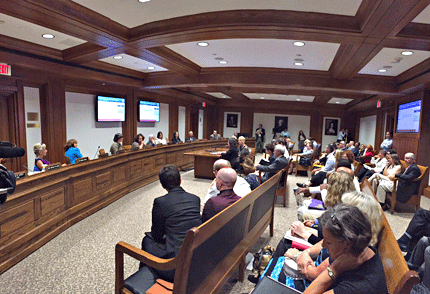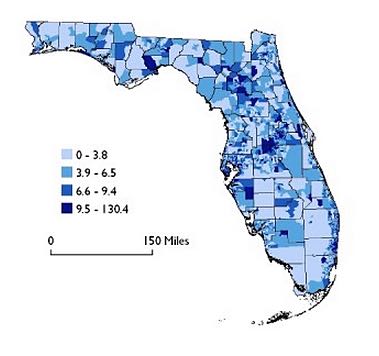By: John Verlinden*/TRT Food Columnist–
Most campaign headlines have focused on the economy, on government spending and on how much taxes should be and who should pay them. Food issues haven’t garnered the same attention, but noteworthy things are happening this political season. How do you feel about these issues?
A report about mercury levels in canned tuna has raised concerns especially for children. Some child health advocates called for it to be eliminated from school lunch programs, because even small levels of mercury have been tied to disabilities and development delays. Others say this is an overreaction that will scare kids away from a healthy food.
The NYC Board of Health recently voted to ban the sale of big sugary drinks. New Yorkers will still be able to buy two or more 16 ounce sodas with their meal, but not the single serving 32 ouncer. Some believe that actions like this will reduce obesity, saving medical dollars. Others see it as bad for businesses and an encroachment on personal freedom.
New school lunch regulations intended to improve nutrition and reduce childhood obesity went into effect this school year. Kids will get more whole grains, fruits and vegetables, and less carbs, fats and sodium. And, for the first time, there will be a calorie count maximum for meals. Many kids and some parents are upset, and congressional conservatives have introduced legislation to repeal the new rules.
Californians will vote on a proposition that would require food manufacturers to specify on the label if their products contain genetically modified organisms (GMO). Proponents believe that this is important health information and that we should be able to select foods that don’t contain GMOs. Opponents insist that GMO foods are safe and that requiring such labeling imposes an unnecessary burden on businesses and will raise food prices.
Droughts in the U.S. will result in more foreclosures of farms and ranches. Some feel we should assist food producers who’ve lost crops and herds to this natural disaster and the fires and floods that accompanied it. Others say no, we can’t afford another bailout.
More than one in seven Americans receives food stamps, and one in four children. Some believe that the program has gotten too big and want to see it cut back. Others feel the program doesn’t do enough, because there are millions more Americans who are income eligible.
Decide where you stand on these and other food security, food safety and nutrition issues and then ask the politicians who want your vote where they are.
*Share your thoughts, ask a question or suggest a topic for a future article – contact me: john@muchogusto.com or visit www.muchogusto.com and join our food forum. Until next time – ¡Mucho Gusto!, ¡Muchas Gracias! y ¡Buen Provecho!








